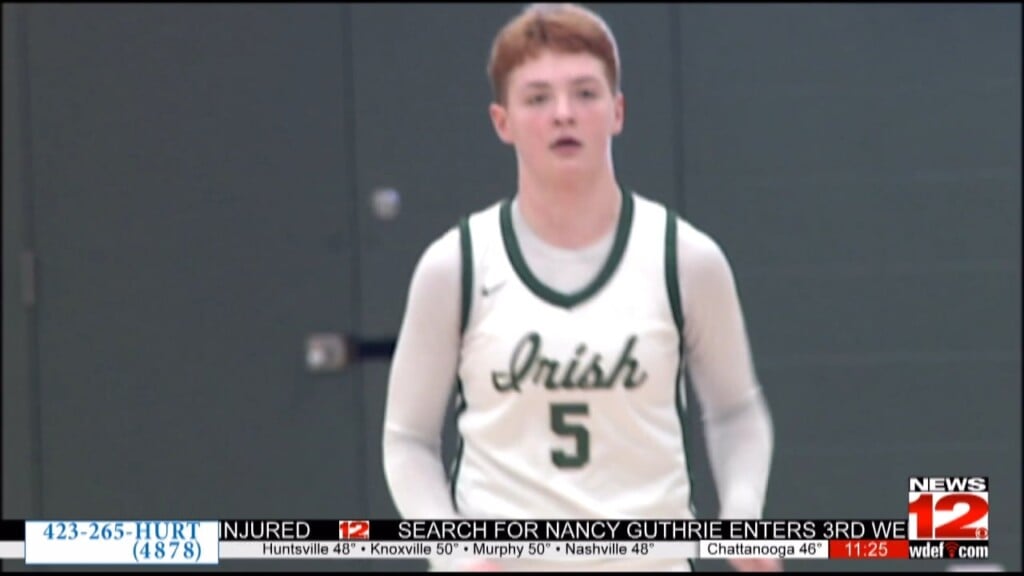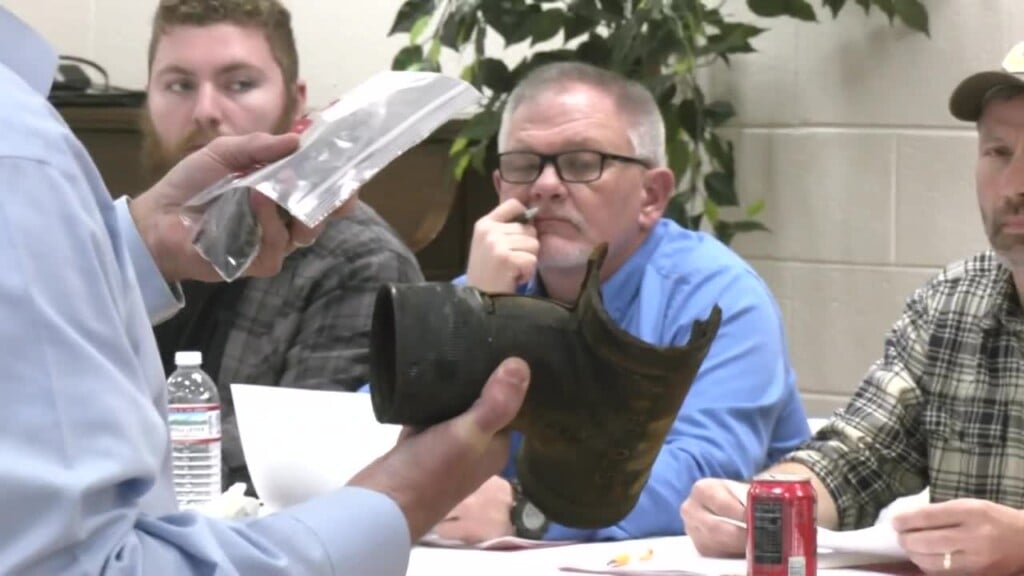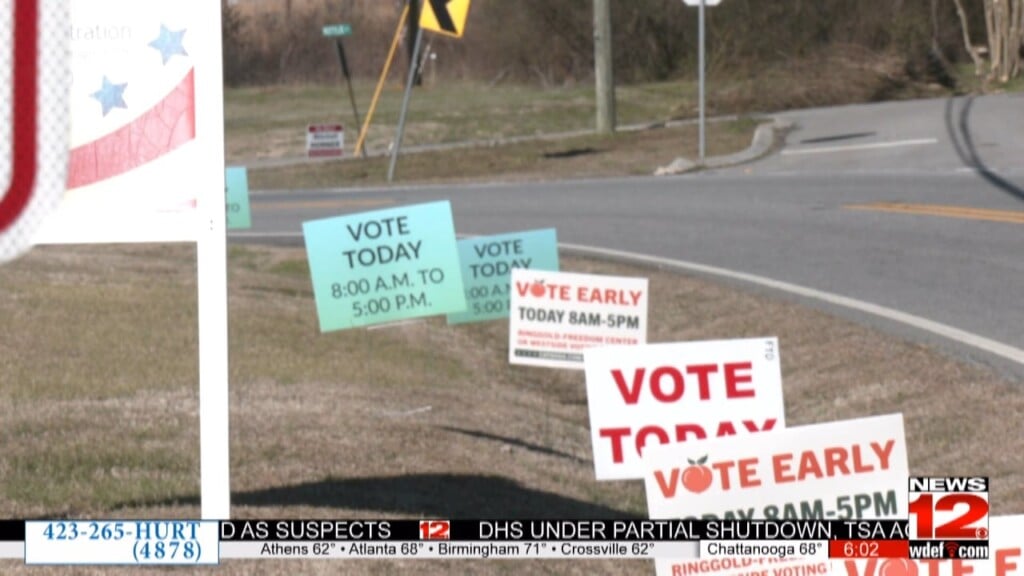Confiscating guns then putting them back on the streets
Although the numbers for last year haven’t been tabulated yet, Chattanooga police confirmed that they have confiscated more than 700 firearms that were used to commit violent crimes in 2014.
"We confiscate just about two a day. It’s pretty constant. We’ve been confiscating high 600’s and low 700’s off the street every year for the last several years. That’s a lot of guns," said Chattanooga Police Chief Fred Fletcher.
Most states in the U.S. allow police department to destroy confiscated guns used to commit crimes after the user has been convicted. But Tennessee and Georgia are two of 11 states in the country with laws that prevent police from destroying confiscated guns. Instead, they either require or encourage police departments to sell the weapons. Chief Fletcher opposes the idea of police departments selling weapons that were once used to commit crimes; weapons that could potentially end up back on the same streets in where they were confiscated.
"Several times this year, bad guys with guns tried to kill my police officers. So the thought of me returning one of the guns they took off of a criminal so they can shoot at my police officers again is completely unacceptable," Fletcher said.
The Chattanooga Police Department won’t sell the guns they have confiscated. Instead, the weapons remain locked away.
In North Georgia, the Dalton Police Department is taking a different approach.
"We open up bids for federally licensed distributors and then the highest bidder gets the weapon. That’s to ensure that when the weapon is re-sold, it goes to someone who went through a background check," said Dalton Police Spokesperson Bruce Frazier.
Should that weapon sold to a distributor be used in a crime, it would be traced back to the distributor who sold the gun and not the Dalton Police Department.
The money collected from police gun sales in Dalton goes into the general city fund.
Since most guns confiscated by Dalton police are reported stolen, the department can legally give the gun back to the person it was stolen from.
"We do want to make sure that these weapons end up in the hands of legal responsible gun owners so there not in the wrong hands," Frazier said.





Leave a Reply